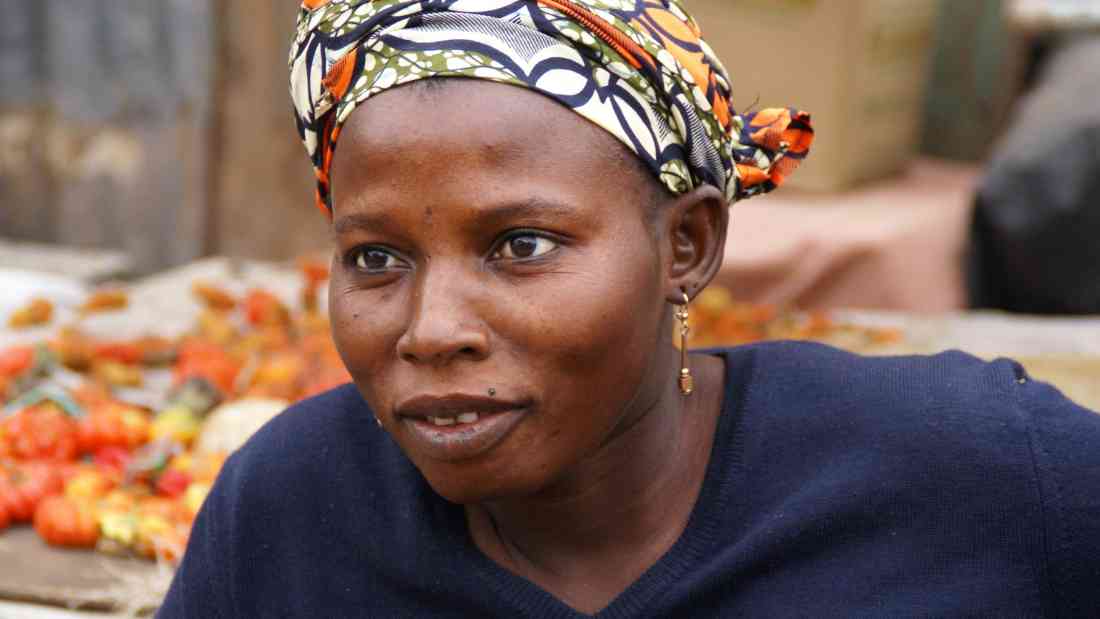Power relations impact our everyday lives and interactions. In this essay I will be looking at the intersection of the personal with the political through the lens of Wolf’s third (organisational) and fourth type of power (structural).
In the case of organisational power I will address both politico-economic power relations and symbolic power. In the case of structural, I will be looking at discourse constructing knowledge / power (Foucault).
I will start by looking at organisational power at play in the everyday interactions of kinship groups, with particular focus on how the political impacts the everyday life of women.

My first example relates to Mandinka peasants in The Gambia and the political-economic structure of this society.
This is a patriarchal, patrilocal society and the main unit of production is the family, with the male head of the household dictating who gets access to which resources – which in this case mainly refers to land.
The patriarch decides which land is to be cultivated as family-land (where he controls the income resulting from the crops) and which plots are assigned to family members for individual use, where the crop becomes the personal income of the family member in question. In this society men cultivate groundnuts and women cultivate rice.

When the price of groundnuts fell, the colonial administration decided to boost the cultivation of rice.
Men resisted getting involved in rice production, so it was the women who collaborated with the authorities to clear more land.
According to tradition the person who clears the land owns the income resulting from the crops,
This became a major issue within Mandinka households, with the men resisting the newly gained autonomy and income that the women now had access to.
Organisational power then came into play, both from the colonial administration, which labelled the rice crops as subsistence crops, and the patriarch, who dictated that subsistence meant that the crops were for family use, and the women were disenfranchised, in a clear example of how the personal is political.
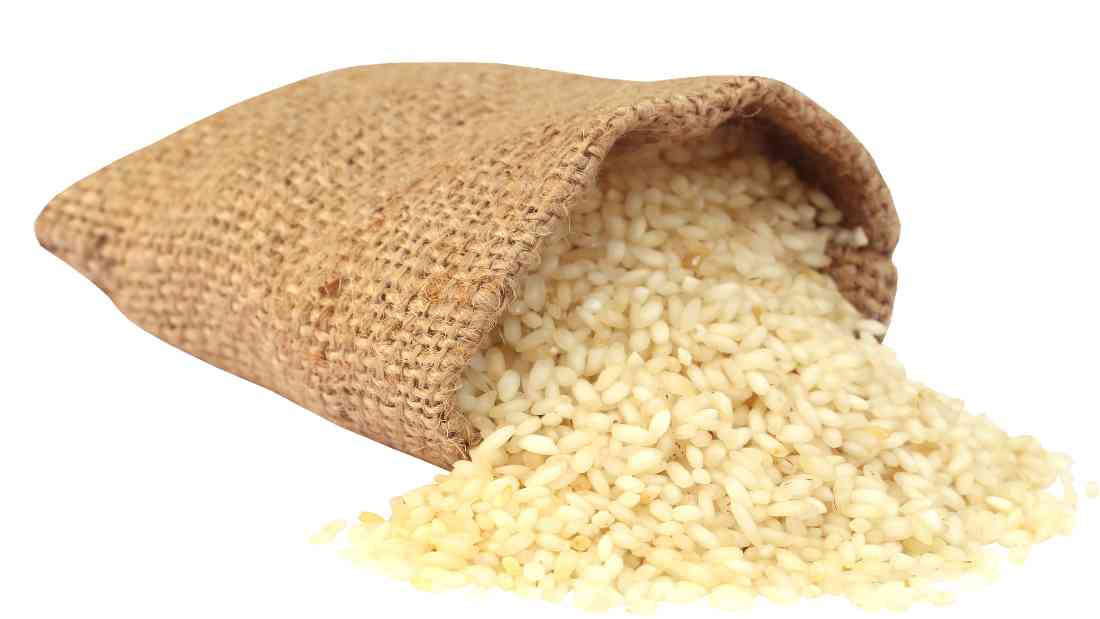
At this point, the only option left to women was to resist by working ‘to rule’ according to tradition.
They stopped doing work that was not obligatory, and the colonialist project to augment rice production failed.
Another example of how the personal is political emerges from the case studies presented by Susan Gal. She presents the case of the Bedouin tribes of Egypt, whose dominant discourse constructs a world view based on the core values of strength, honour and sexual modesty.

This discourse, however, camouflages the deep power schisms in this society – where women and young people are vulnerable and powerless, and who resist the dominant discourse by performing oral poetry talking about loss, vulnerability and romantic love in front of small, private groups of trusted friends.
Here we see how the personal, in this case poetry shared with friends, can be intensely political, resisting and challenging the dominant discourse and constructing consciousness based on different values from those touted as the ‘norm.’
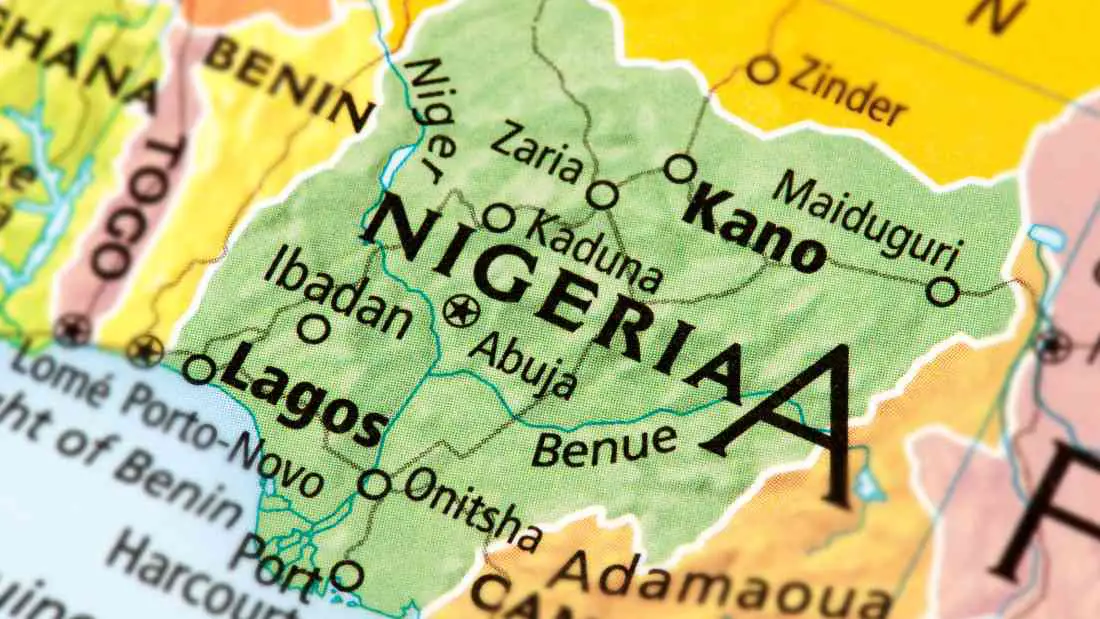
Gal also presents other examples of women using their bodies and their voices as a form of very personal political resistance.
In the case of Nigerian women, for example, she talks about the Nigerian Women’s War, which took place in 1929, when the colonial authorities launched a new tax on property owned by women.
As a reaction, women took to the streets, marching naked and lying on the ground and waving their legs in the air – in essence expanding a practice known as ‘sitting on a men’ which is used to shame men who break social norms.
Their resistance paid off and the tax was revoked.

Gal also talks about women migrants from Lesotho, where female poets have appropriated a male tradition of reciting poetry in taverns, using it to decry the injustices faced by women both in the household and when they immigrate to work.
The intense political nature of their performances is clear when one considers the reactions of the males in the audience, who invariably heckle them and try to stop them from performing.
So far I have focused on examples of organisational power. I will now move on to structural power, viewed through the lens of knowledge / power as defined by Foucault.
My first example is taken from a case study by Hutchinson, who analyses the shift in discourse in Colonial Sumatra over a fifty year period, comparing the reaction to two similar murders.
In the case of the first murder, where a coolie killed a planter’s wife and children, the public response was muted, since the murder was perceived to be an internal affair relating to the planter and his employees.
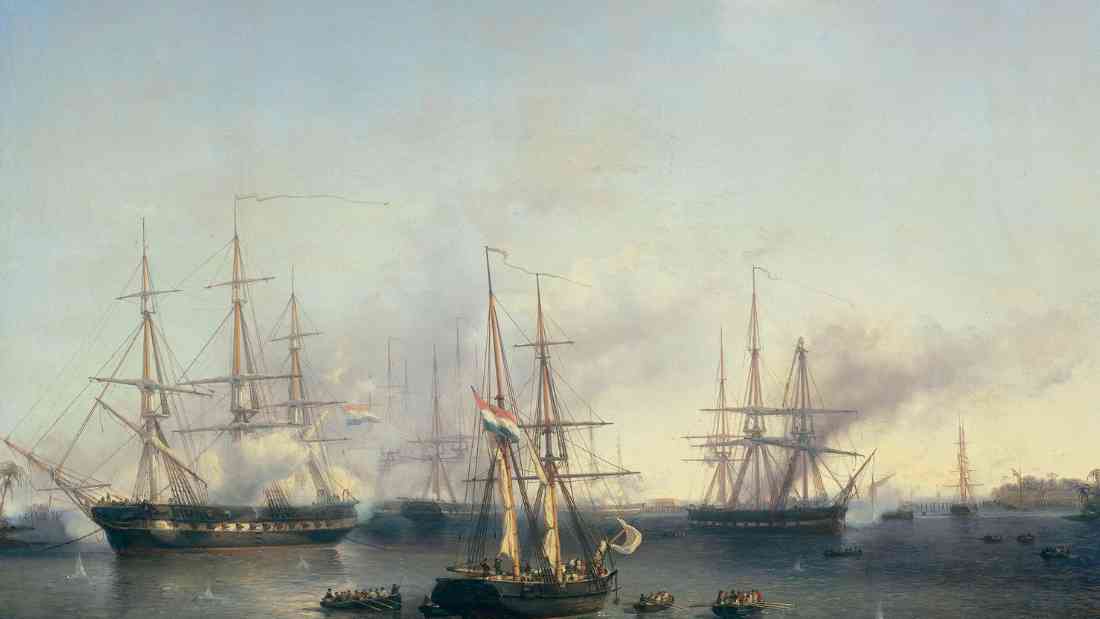
When a similar murder happened fifty years later, structural power had shifted.
The discourse relating to communism and capitalism constructed a totally different interpretation of the event, linking the murder to a communist and nationalist uprising.
Thus what had previously been viewed as an internal affair of no interest to the wider European community, was instead now seen as proof of a clear and present danger to each and every European in the region.
The deeply personal reactions of the colonialists can be seen in the fact that hundreds of women sent telegrams to Queen Wilhemina begging her to protect them.

The final example I shall be referring to is taken from Taussig’s case study of the horrors inflicted upon Indians in Putumayo by Spanish managers of the Peruvian Rubber Company.
He describes the culture of terror created by the discourse of savagery which resulted from the intermingling of the Inca categorisation of the Indians as auca, the European mythology of the Wild Man, and the stories told by the muchachos.
The discourse constructed a culture of terror that led the Spaniards to commit many atrocities.
Here what we are seeing at work is (1) the personal interest of the muchachos who sought to secure their positions as armed guards by convincing the White Man that they were in danger and (2) the white man internalizing the discourse, constructing his view of the Huitoto Indians.
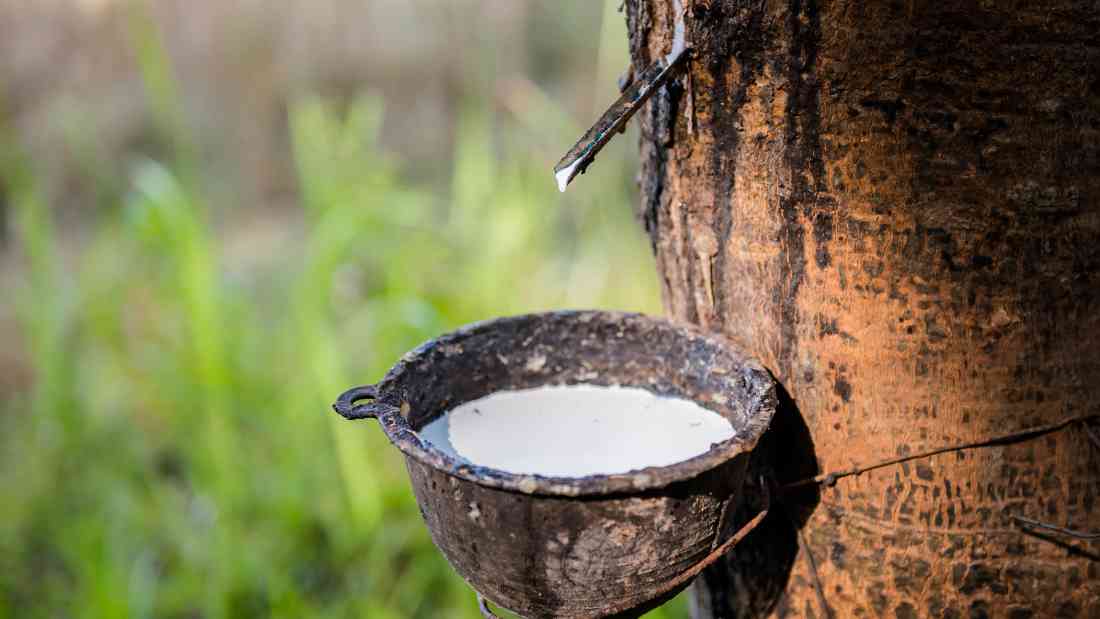
In conclusion, this essay has shown how very personal the political can be. Political power impacts the life chances of people, dictating their access to resources.
We have seen how the organisational power of Mandinka men and the colonialist authorities in The Gambia restricted the possibilities for women to augment their income, and how women resisted by working ‘to rule.’
We have also seen how poetry can be used as a means of resistance, by referring to two different examples, Bedouin women and young people who perform in front of groups of intimate relations and friends, and immigrant women from Lesotho who perform in taverns in South Africa, facing down the men who try to stop their performance.
And finally, we have seen how structural power, in the form of the power / knowledge, is internalized by people, constructing their view of the world and leading them to act in specific ways.

